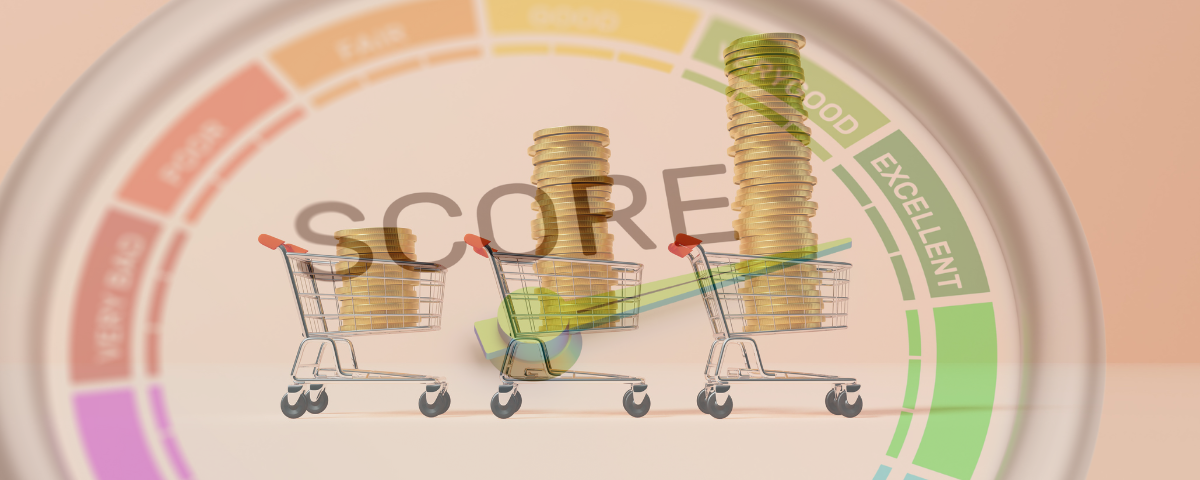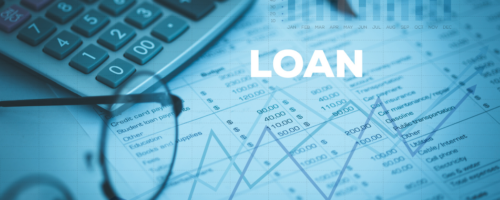Hey there, let’s talk real numbers. Did you know that consumer debt in the US has hit a mind-boggling $17.06 trillion this year? Yep, that’s “trillion” with a “t”. Ever wonder how much of a hit a credit score can take from all that debt piling up? Yeah, it’s as bad as the financial strain. That three-digit number that seems to hold so much power over your future?
Well, buckle up, because we’re about to unpack the surprising ways consumer debt is impacting your borrower’s credit score. And trust us, it’s not all doom and gloom. Grabbing the reins on debt doesn’t have to be a drag. With the right moves, your borrower can watch their credit score climb.
The Impact of Consumer Debt on Credit Scores
With consumer debt skyrocketing, you may wonder about its credit score implications. So, how does consumer debt affect credit? And what can consumers do to protect their credit scores? Consumer debt and credit scores are closely related. Consumer debt impacts three of the five major credit scoring factors: payment history, credit utilization, and new credit inquiries. Let’s take a look at each of these factors in greater detail:
Understanding Payment History and Its Effects
Payment history is the most influential factor in the FICO credit score, accounting for a whopping 35%. Late payments, missed payments, and collections can all negatively impact credit scores for up to seven years. We’ve seen firsthand how a single missed payment can cause scores to plummet by 100 points or more. It’s a painful lesson, but one that underscores the importance of always paying on time.
Navigating Credit Utilization to Maintain Healthy Scores
Credit utilization ratio is the amount of revolving credit compared to credit limits. It’s the second biggest factor in the FICO score, accounting for 30%. Experts generally recommend keeping utilization below 30%.
So if your borrower has a $10,000 credit limit, have them aim to keep their balance below $3,000. But here’s the kicker: even if they pay their balance in full each month, a high utilization rate can still ding their scores. That’s because most issuers report balances to the credit bureaus before their bill is due. To keep their utilization low, have them consider making multiple payments throughout the month or asking for a credit limit increase. Just be sure not to spend more in the process.
Strategies for Managing Credit Card Debt
Borrower struggling with credit card debt? They’re not alone. With balances at all-time highs, many consumers are looking for ways to break the cycle.
The Role of Debt Consolidation in Credit Management
One strategy is debt consolidation. This involves taking out a new loan or line of credit to pay off their existing debts. The goal is to secure a lower interest rate and simplify their payments. When done right, debt consolidation can help them save money and potentially improve their credit scores by lowering their utilization. Just be sure to read the fine print and watch out for fees. And remember, consolidation is not a magic bullet. It’s still up to your borrower to control their spending and pay off their balances over time. But it can be a helpful tool in their credit management arsenal.
The Consequences of Closing Credit Accounts
It’s a common misconception that closing credit accounts is always good for scores. In reality, it can sometimes have the opposite effect.
How Closing Accounts Affects Credit Utilization
When your borrower closes a credit card, they lose that account’s credit limit. This can increase your overall credit utilization ratio, hurting their scores. For example, let’s say they have two credit cards, each with a $5,000 limit. One has a balance of $2,500, while the other has a zero balance. Their total credit utilization is 25% ($2,500 / $10,000). If they close the card with a zero balance, their total credit limit drops to $5,000. Suddenly, their utilization jumps to 50% ($2,500 / $5,000). Ouch. Of course, there are times when closing an account makes sense, like if you’re paying an annual fee on a card you never use. Just be strategic about which accounts you close and when.
The Influence of New Credit Inquiries
Every time your borrower applies for new credit, a lender will pull their credit report (as you know). This is known as a hard inquiry, and it can temporarily ding their credit scores. Inquiries typically only impact your scores for a year, and the effect is usually small (think 5-10 points). But if they have multiple inquiries in a short period, it can add up. That’s why it’s best to have them avoid applying for new credit unless they really need it during the mortgage process. And, when they do apply, they should try to limit their applications to a short window to minimize the impact on their scores.
Consumer debt can seriously mess with credit scores. Keep an eye on payment history, watch that credit utilization, and think twice before closing accounts or applying for new credit. Managing debt smartly can save your borrower from a world of hurt.
FAQs in Relation to Impact of Consumer Debt on Credit Scores
How much does a debt affect a credit score?
The impact varies. High balances and late payments can ding it, while low utilization and on-time payments boost it.
Why did a credit score drop 40 points after paying off debt?
Paying off debt might lower ones credit mix or utilization ratio, which can cause a temporary dip in score.
Do consumer loans affect credit score?
Absolutely. They influence payment history and amounts owed, two significant factors that shape overall score.
Is debt relief bad for credit?
It can be tricky. Short term, it may hurt. But over time, reducing total owed can help rebuild standing.
Conclusion
Phew, we covered a lot of ground today! You now know the nitty-gritty of how consumer debt impacts your borrower’s credit score. It’s not just about the numbers on your credit card statements – it’s about your payment history, credit utilization, and so much more.
But here’s the good news: you and your borrower have got the power to turn things around. By getting strategic with your debt management, your borrower can watch their credit score climb. Whether it’s through debt consolidation, upping your credit limits, or just staying on top of those payments, there are plenty of ways to give your score a boost.
So, don’t let consumer debt keep you or your borrower up at night. Take charge, make a plan, and watch your borrower’s financial future brighten.









